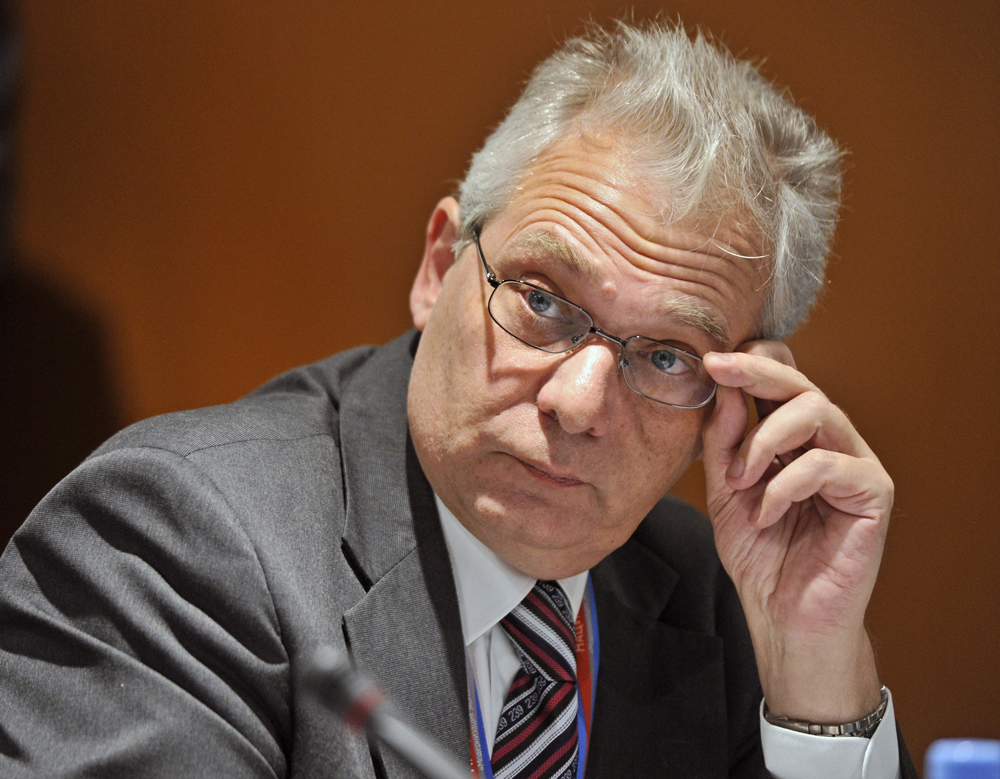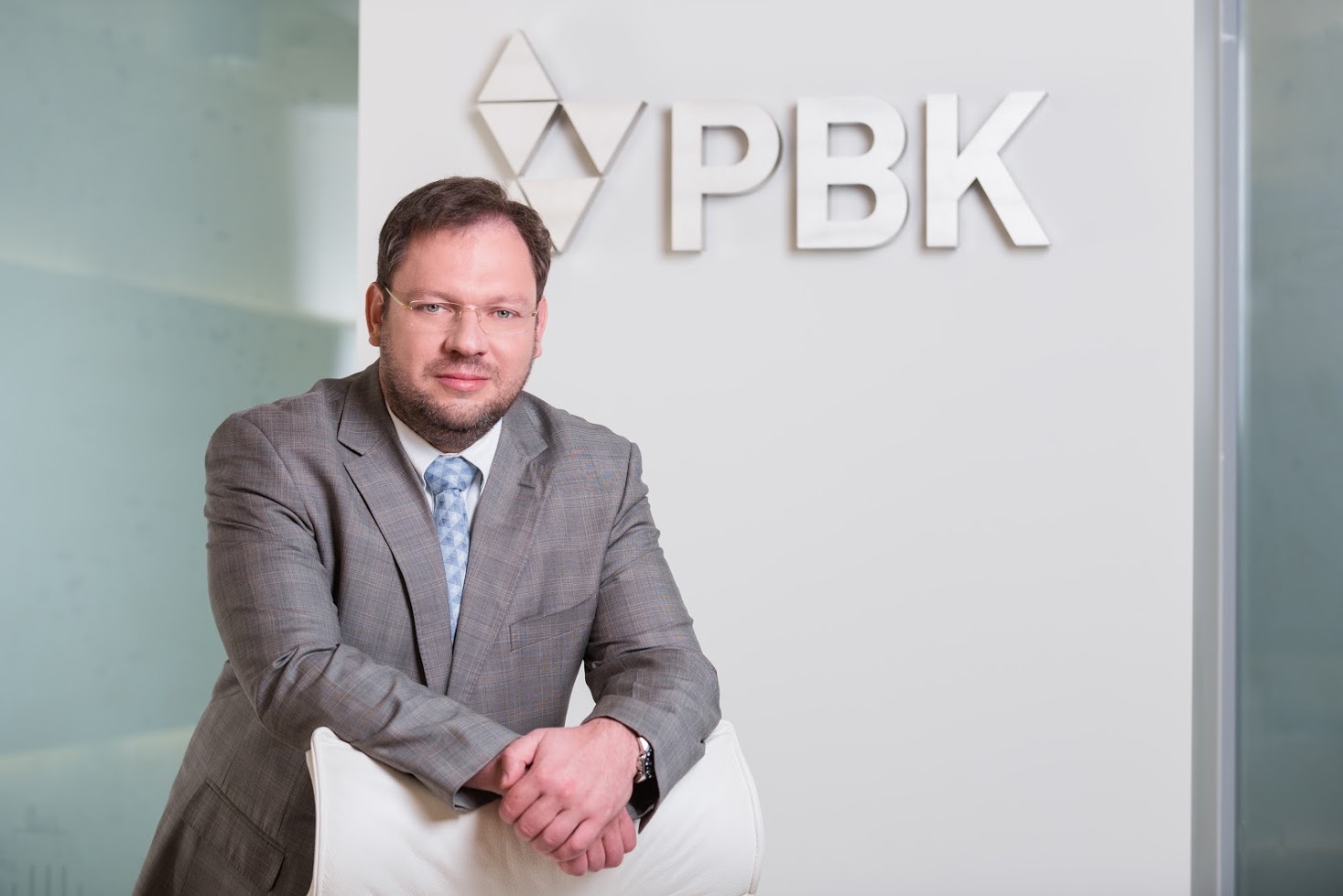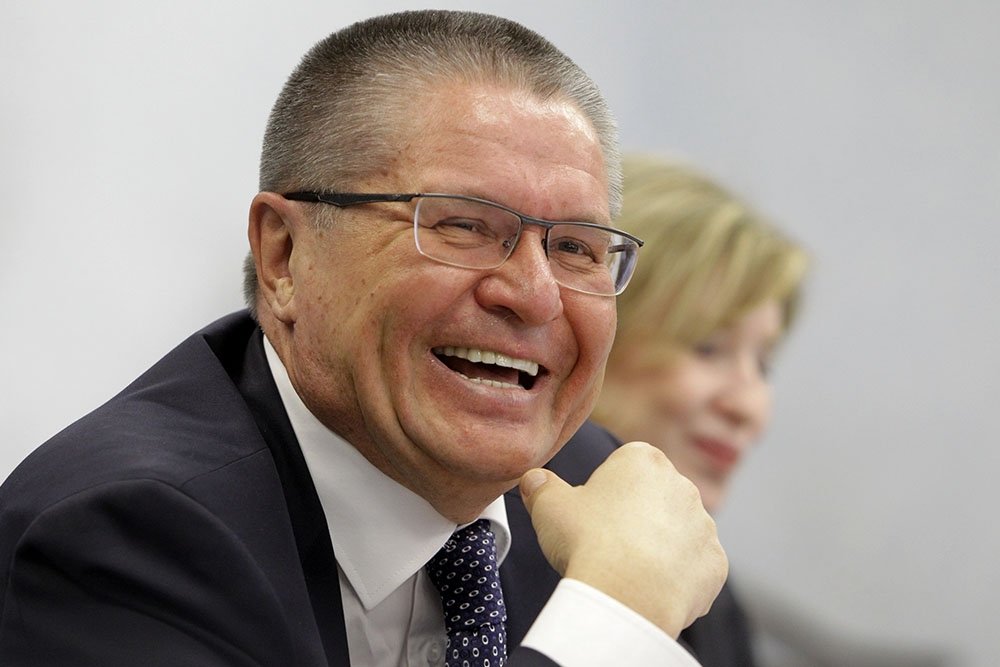Russia first in Europe in venture capital growth: Agamirzyan

Igor Agamirzyan, CEO and chairman of the board of the Russian Venture Company.
KommersantRIR: How critical is development of technologies for the country’s progress?
I.A.: Technology is a major factor in determining the development of the country, first of all, because it influences the economy and social development. The emergence of new technologies led to extreme changes at all stages of the history of the world. For example, the car made it possible for daily commuting and changed the social structure of society. The emergence of mobile communications and access to the Internet has led to the emergence of a phenomenon like freelancing. Aircraft provided daily access to almost any place the world, radically changing the business model. And computers and mobile technology over the last decade have defined the technological and social development of the world economy. The whole history of mankind can be described through technological breakthroughs.
Some experts, including the founder of the venture capital firm Almaz Capital Partners, Alexander Galitsky, say that the next revolution will be in the food sector. What place could Russia take in that technological revolution taking the country’s area into account?
I do not think that this revolution will be linked to crop land, it is primarily about the industrial production of synthetic foods. Today we are able to make milk, which is indistinguishable in taste from the natural, but it is still more expensive to produce. With increasing mass production due to economies of scale, it will be cheaper. Synthetic meat is already at the level of commercialization rather than research. Lots of start-ups are engaged in the production, and 3D printed steaks are becoming increasingly popular. When these technologies will come to the production cycle, they will drastically reduce the need for the herd. The advent of new technologies will change the labour market dramatically, and traditional agriculture will remain in the boutique zones – in the form of eco-friendly products for most affluent buyers. As soon as 40 years from now, mass food will be synthetic. Russia also may become a producer of expensive organic products, since this country's agricultural sector is one of the world's strongest.
Apart from agriculture, what other areas may be of interest to foreign investors in Russia?
Recently, there is a lot of talk about the chemical industry, but it is still a redistribution of previously expressed ideas, we have not yet made any breakthrough discoveries in this field. Today, a significant proportion of non-oil exports from Russia relates to different kinds of engineering, for example, in software or nuclear technology. As I see it, the first place in the high-tech export from Russia is occupied by weaponry, the second – software, the third – nuclear technology. These are three areas where Russia not only has the potential, but it remains one of the world leaders.
How critical were Western sanctions for Russian technologies?
I think that effect is insignificant in the field of technology – if there is some, it is in the field of military developments. The sanctions first and foremost affected the field of finance. Foreign funds have become wary of Russian projects: political risks cost money; as a result, the value of Russian companies fell sharply. On the other hand, the venture market in Russia was overheated for long, and now its value is much closer to reality. Some foreign funds quit the Russian market, while others did not come, although they earlier planned to enter Russia. The Russian Venture Company is aimed at closing market gaps. When the market was overheating, we acted conservatively, and when it began to fall, we stepped up our work. In 2015, almost half the venture capital funds in the country were done with participation of RVC.
The Russian Venture Company was conceived as a development institution. Were you able to turn it into such a platform?
The task before us was to develop a venture capital market, which previously did not exist in the country. There were only a few examples of investment by Western foundations. But as a result of the whole complex of actions taken by us, Russia ranked first in Europe in terms of venture capital market growth. From 2010-2012, we had a tenfold increase in venture capital market, and in 2013 we took the second place in Europe after the U.K in terms of the market volume. In 2013, the market was at a maximum, but then it fell. At the same time, the number of companies that decided to withdrew from Russian start-ups increased. While the market is alive, it grows slowly, but continues to work. There is always more money than ideas and teams in the venture investment market. In Russia, this proportion was well above average for several years. In the world, the available capital is three to four times higher than the usual annual volume of investment, but in Russia, this factor was equal to seven. Now, when the money supply has decreased, we are closer to the standards of a developed market.
To what extent did the economic crisis become an appropriate time to create breakthrough ideas in Russia?
I have a mixed feeling, because, on the one hand, the conversation about important and key points of the country's development is much more candid; on the other hand, there are practically no new ideas. We are going in a sense, in circles, formulating unrealized ideas for each other. One of the few ideas that emerged recently - which was voiced at an economic forum in February 2016 in Krasnoyarsk - is the growing role of informal communities. In the current structure of the economy, such communities are playing an increasingly important role, and our government must learn to work with them.
That is, in fact, the question of the need to decentralize has risen in Russia again, like in the 1990s?
In fact, yes, but this conversation is a common place in the world, it is about the elimination of any intermediaries, the Uberization of the economy, as they say now. Around the world, groups of people emerge who are not dependent on the state and big business, and they become a significant force. During the crisis, people tend to think more about the future, to make long-term forecasts, and when life is getting better, they just come back to the priorities of the day.
All rights reserved by Rossiyskaya Gazeta.
Subscribe
to our newsletter!
Get the week's best stories straight to your inbox

